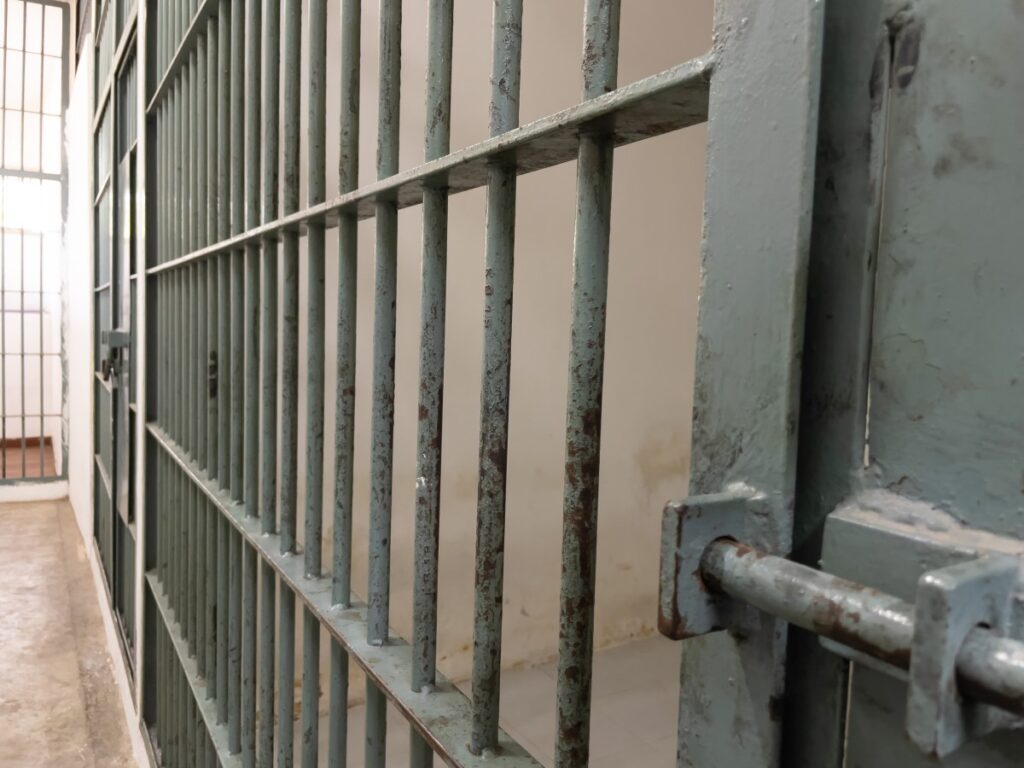The annual number of death row inmates executed in the U.S. is set to nearly double by the end of this year.
In 2024, 25 death row inmates were executed, according to the Death Penalty Information Center. In total, 43 inmates have been executed this year so far, with four more set to be executed by the end of the year.
The number is the highest recorded in over a decade. In 2010, there were 46 executions, and in 2009, there were 52 executions.
Why It Matters
Robin Maher, executive director of the Death Penalty Information Center, told Newsweek that the increase is “directly contrary” to current public opinion of the death penalty.
“Public opinion is at a five-decade low, 52%, according to the latest Gallup poll just last month, and there is growing opposition and concerns about the errors and lack of deterrence in use of the death penalty,” Maher said.
Maher said the number of new death sentences being handed down by juries “remains extremely low.”
“That tells you that America, the American public, is increasingly disfavoring the death penalty, whereas elected officials are scheduling executions in defiance of that opinion” Maher said.
What To Know
Maher said the state driving the increase in executions is Florida.
“If you took Florida out of the equation, this year would not look very different from [the] past few years,” Maher said.
Florida has executed the most inmates this year, with 16 executed and three more scheduled. Last year, Florida executed one inmate on death row.
The state’s previous record for the number of executions in one year was eight in 2014 and 1984.
Florida Governor Ron DeSantis was asked about the rise in executions at a press conference earlier this month. He said the COVID-19 pandemic delayed executions.
“When COVID hit, it threw a wrench into our corrections. We had to make different changes,” DeSantis said.
He said he views the death penalty as “an appropriate punishment for the worst offenders.”
“I still have a responsibility to look at these cases and to be sure that the person is guilty,” DeSantis said. “And if I honestly thought somebody wasn’t, I would not pull the trigger on it.”
Maher said DeSantis alone has the authority to set execution dates.
“There’s really no evidence that Floridians approve of this extraordinary allocation of resources and money into conducting executions, instead of investing those resources into victim services and other efforts that actually make communities safer,” Maher said.
Alabama, Texas and South Carolina have executed five inmates each this year.
Tennessee has executed two inmates, with one more execution scheduled this year.
Arizona, Oklahoma, Indiana and Mississippi have executed two inmates each. Missouri and Louisiana each executed one inmate this year.
What People Are Saying
Robin Maher, executive director of the Death Penalty Information Center, in comments to Newsweek: “This should not be interpreted to be a change in how the American public feels about the use of the death penalty. All of these executions are scheduled by elected officials, and again, Florida really has its thumb on the scale in terms of distorting what the national picture looks like with its large number of executions.”
Florida Governor Ron DeSantis, answering a question about the death penalty at a press conference last month: “We’re doing it to be able to bring justice to the victims’ families, and I think it’s important.”
What Happens Next
The next death row inmate scheduled to be executed is Richard Barry Randolph. Randolph, who was convicted on charges related to the rape and fatal beating of his former manager at a Florida convenience store, is scheduled to be executed on Thursday in Florida.
Do you have a story that Newsweek should be covering? Do you have any questions about this story? Contact LiveNews@newsweek.com.
Read the full article here



